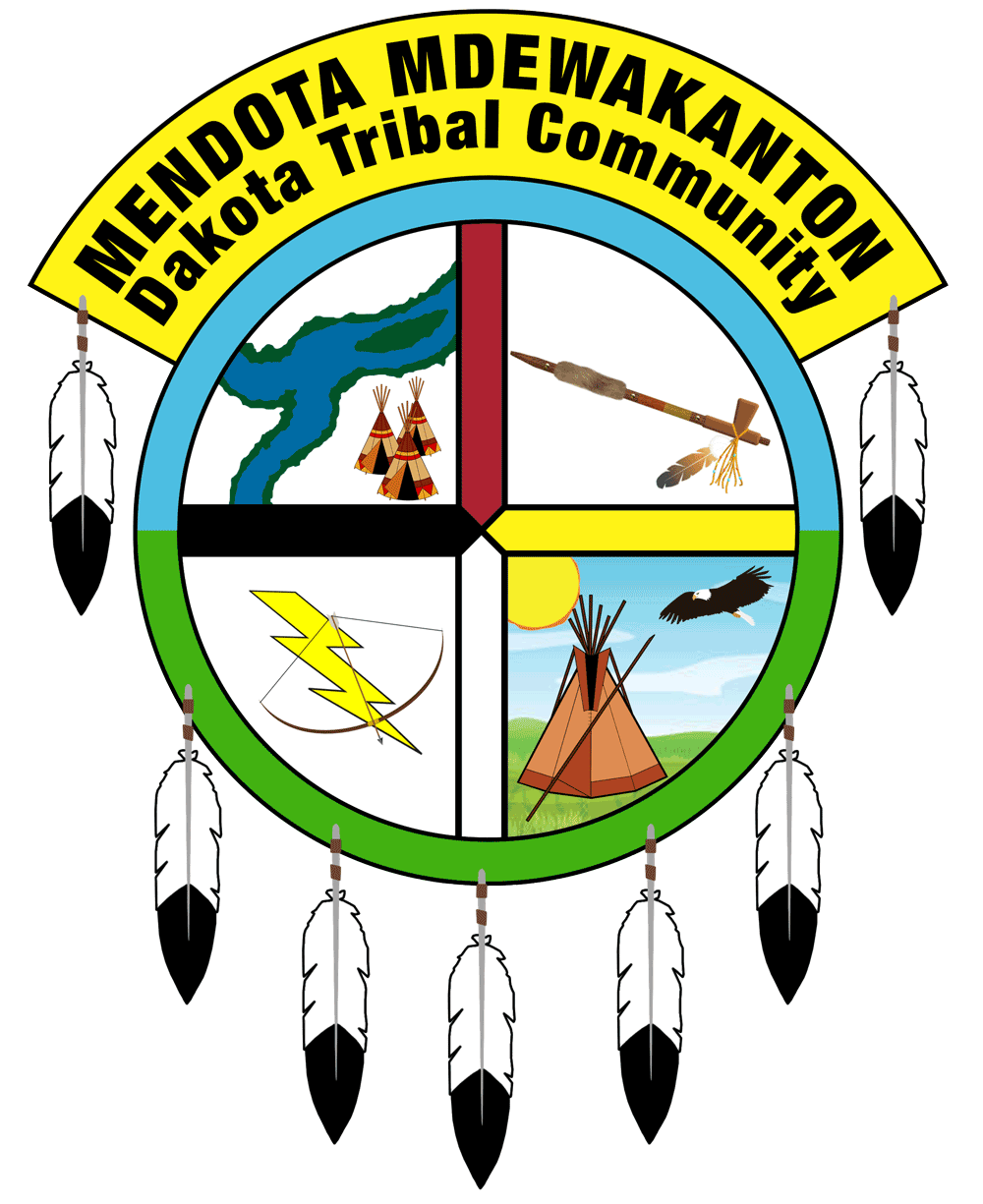“There are so many ways of ‘going,”‘ said Evangeline Parsons Yazzie, a Navajo professor at Northern Arizona University in Flagstaff. “It states who is going, how many of us are going, where are we going. So the tense, the adverb, the subject, the number of people, all of that is tied up in one little tiny verb.”
Those verbs are part of what makes the Navajo language — one of seven American Indian languages taught in the New Mexico school system — one of the most difficult to learn, she said. Yazzie is hopeful a book she recently wrote will provide a user-friendly way for New Mexico students to learn not only the language but the culture of a tribe that long has tied the two elements.
State officials formally adopted Yazzie’s book, Dine Bizaad Binahoo’ahh, or Rediscovering the Navajo Language, this week in Santa Fe. While other books on Navajo language exist, state officials say New Mexico is the first to adopt a Navajo textbook for use in the public education system.
“Overall, we believe it will help improve academic achievement,” said state Education Secretary Veronica Garcia.
Garcia said research has shown that students who master their native language often have an easier time understanding more abstract concepts in the English language.
About 10 school districts in New Mexico provide Navajo language instruction. During the 2006-07 school year, 5,024 students were learning Navajo.
The Navajo language long had been an oral language, and many Navajo elders fluent in their native tongue cannot read or write the language. Tribal officials have expressed concern that the language is dying among the youth, leading to some immersion programs on the reservation.
School districts in New Mexico, as well as U.S. Bureau of Indian Affairs schools, can review Yazzie’s book and decide whether to use it starting in the 2009-10 school year. The book will be accompanied by a CD with the voices of Yazzie and her brother, Berlyn Yazzie, a former educator and administrator on the Navajo Nation.
Each chapter of the book begins with a cultural lesson and guides readers through verbs and sentence construction.
It also includes pictures of people who have lived on the Navajo reservation, which stretches into New Mexico, Utah and Arizona. Yazzie said she looks forward to students sharing the book with Navajo elders and “pretty soon conversation will be sparking around fires.”
